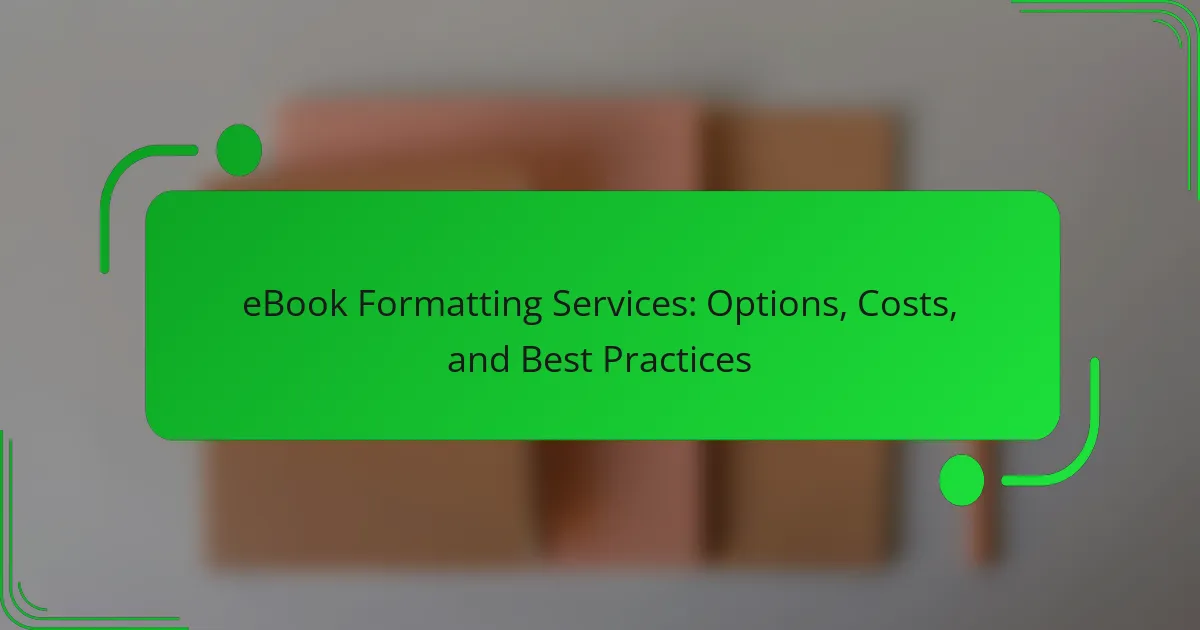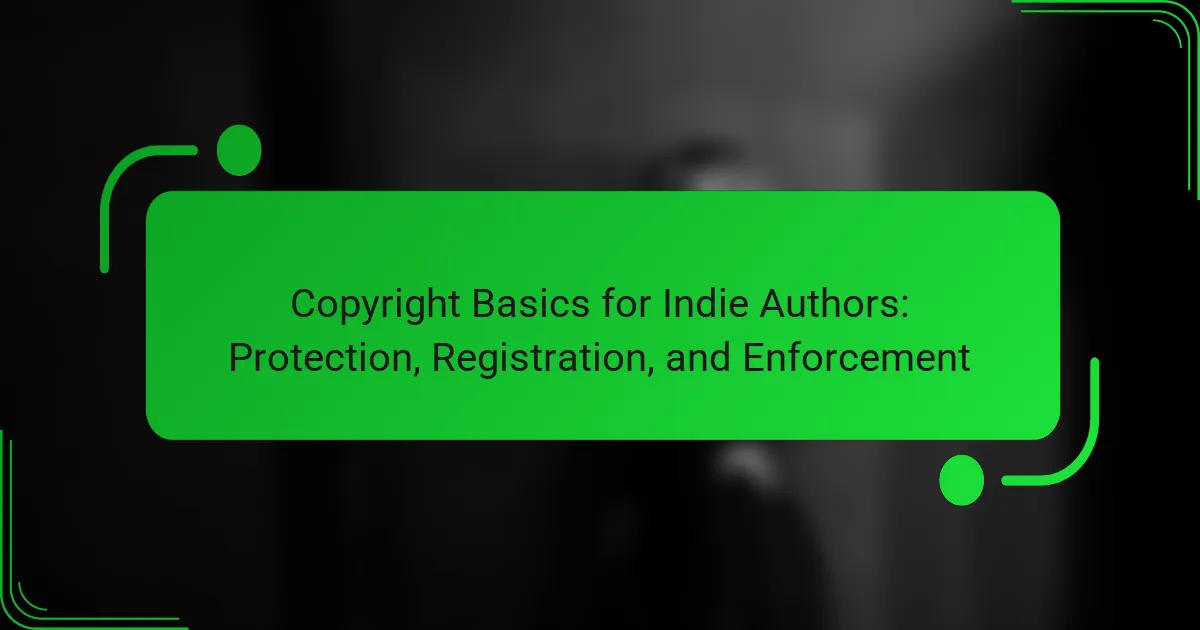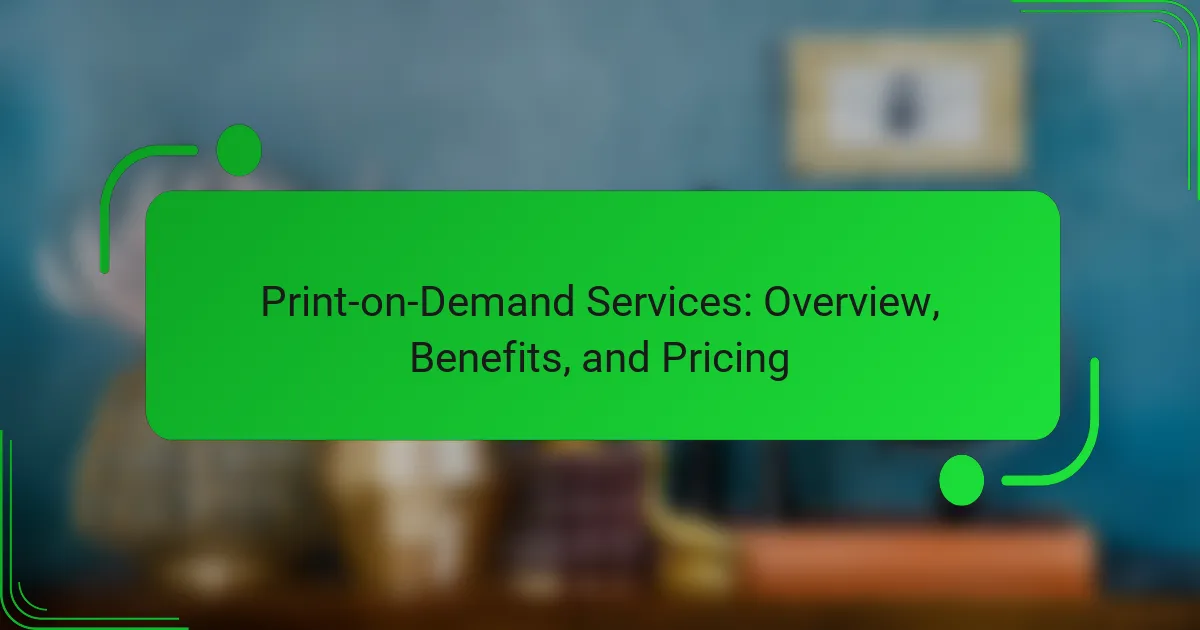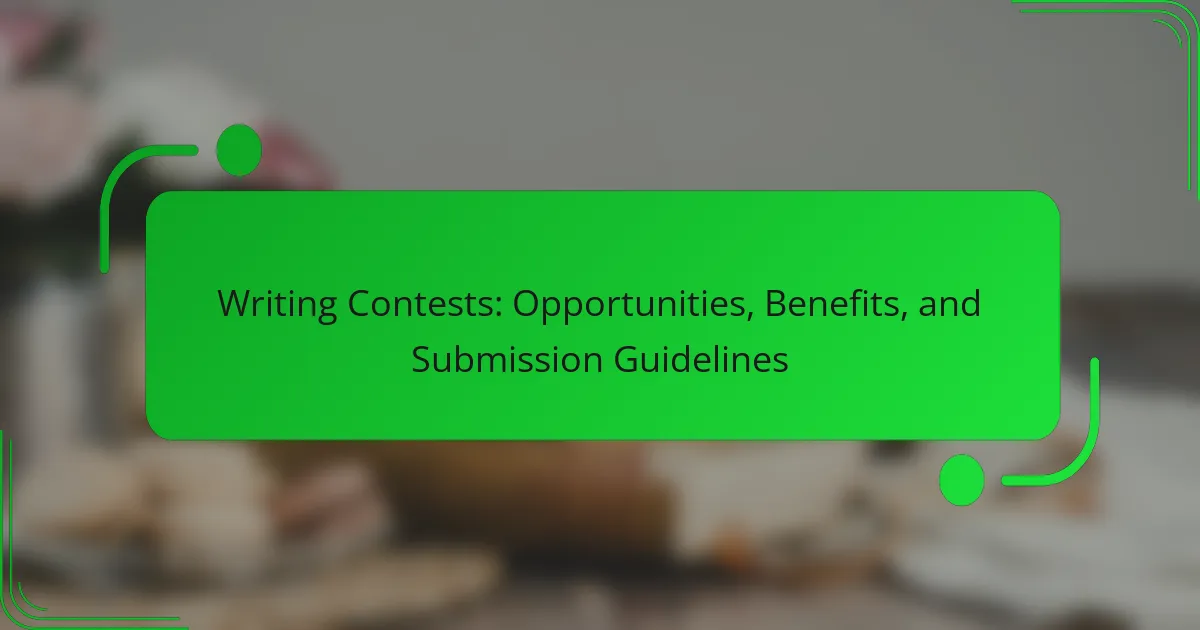Indie authors often struggle with visibility and marketing expertise in a competitive landscape. Effective book promotion strategies include targeted marketing, social media engagement, and leveraging book reviews. Utilizing innovative tactics like virtual events and interactive content can enhance outreach. Tracking key metrics will help measure the success of these promotional efforts.
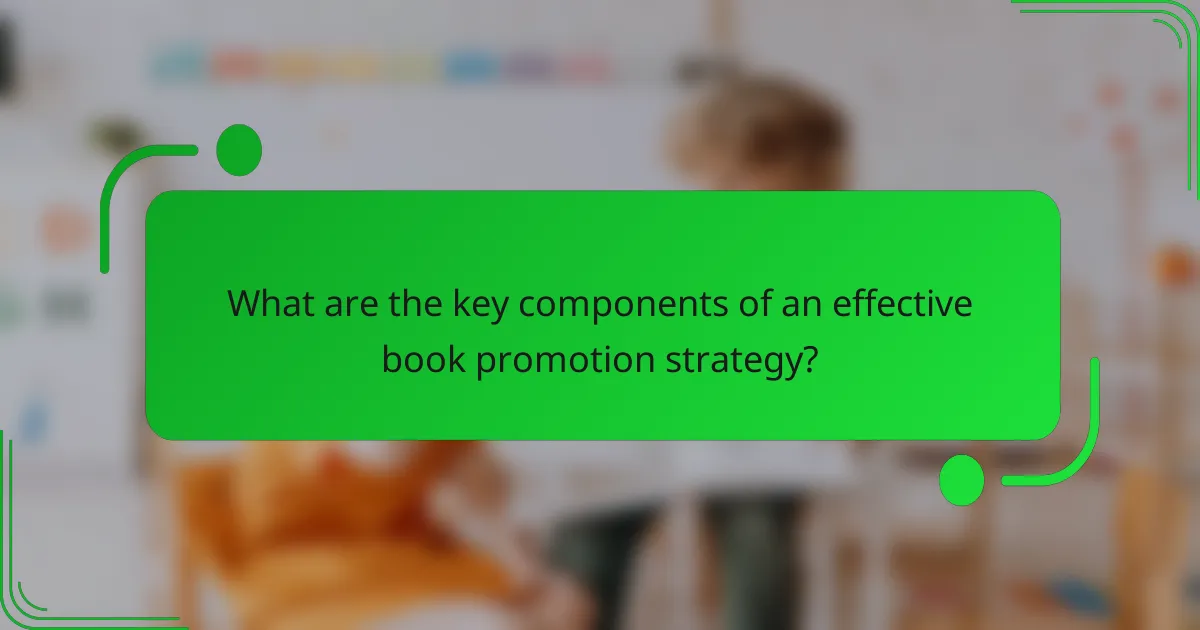
What are the key components of an effective book promotion strategy?
An effective book promotion strategy includes targeted marketing, social media engagement, and leveraging book reviews. These components create visibility and attract readers.
1. Targeted Marketing: Identify your audience and tailor your campaigns to reach them through email newsletters and ads.
2. Social Media Engagement: Utilize platforms like Instagram and Twitter to connect with readers and share updates.
3. Book Reviews: Encourage reviews from readers and bloggers to build credibility and attract new audiences.
Combining these elements maximizes outreach and enhances book sales.
How do target audience identification and market research influence book promotion?
Target audience identification and market research are crucial for effective book promotion. Understanding the target audience helps tailor marketing strategies, ensuring they resonate with potential readers. Market research provides insights into reader preferences, trends, and competitive analysis, enhancing promotional efforts. By aligning promotional tactics with audience interests, indie authors can increase engagement and sales.
Which promotional channels are most effective for indie authors?
Social media, email marketing, and author websites are the most effective promotional channels for indie authors. Social media platforms like Facebook and Instagram enable direct engagement with readers. Email marketing allows for personalized communication and updates on new releases. An author website serves as a central hub for showcasing work and building a brand. Utilizing these channels strategically can enhance visibility and drive book sales.
What role do social media platforms play in book marketing?
Social media platforms are crucial for book marketing as they enhance visibility and engagement. They allow indie authors to connect directly with readers, build a community, and promote their work effectively. Platforms like Instagram and Twitter facilitate visual storytelling and real-time interaction, which can lead to increased book sales. Additionally, targeted advertising options enable authors to reach specific demographics, optimizing marketing efforts. Engaging content, such as behind-the-scenes insights and reader polls, fosters a loyal following and encourages word-of-mouth promotion.
How can email marketing enhance book visibility?
Email marketing significantly enhances book visibility by directly reaching potential readers. It builds a dedicated audience through newsletters, promotions, and updates. Engaging content, like exclusive excerpts or author insights, fosters reader interest. Additionally, targeted campaigns can segment audiences based on preferences, ensuring relevant messaging. This strategy often results in increased sales and stronger community engagement for indie authors.
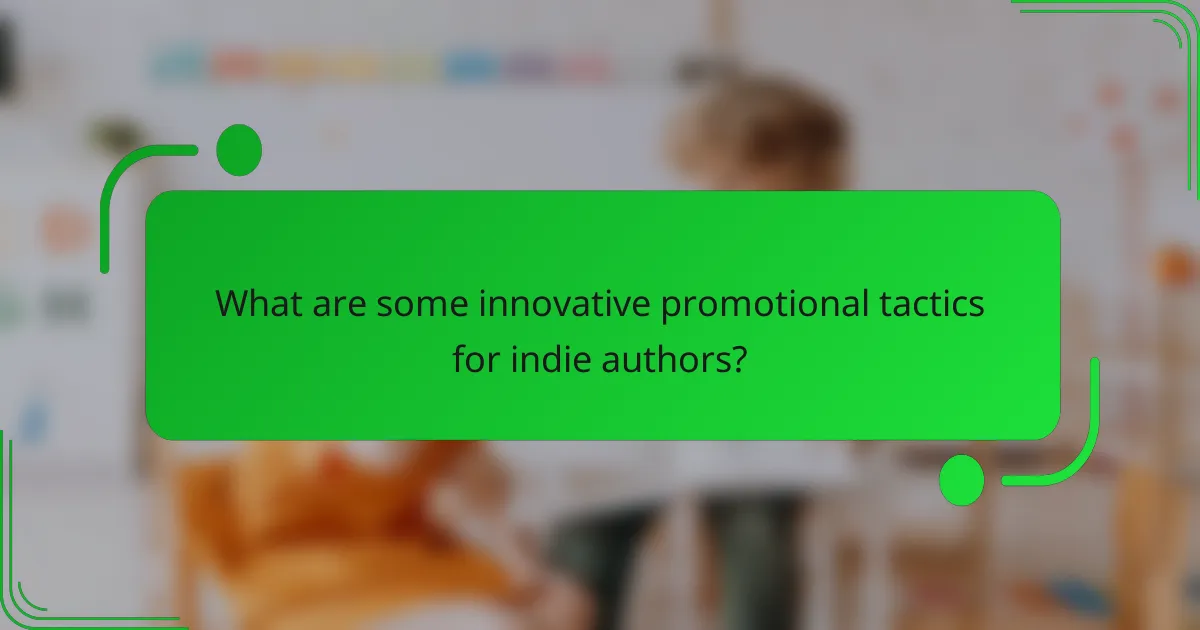
What are some innovative promotional tactics for indie authors?
Indie authors can leverage innovative promotional tactics to enhance visibility and sales. Utilize social media challenges to engage readers and create buzz around your book. Collaborate with other authors for cross-promotions, expanding your audience reach. Host virtual events or webinars to connect with potential readers directly. Create interactive content, such as quizzes related to your book’s themes, to attract interest. Engage in targeted email marketing campaigns that offer exclusive content or sneak peeks. Use visually appealing book trailers to capture attention on platforms like YouTube and Instagram.
How do book giveaways and contests drive engagement?
Book giveaways and contests significantly drive engagement by creating excitement and fostering community interaction. They attract potential readers, increase visibility, and encourage social sharing, which amplifies reach. Additionally, these strategies can lead to valuable feedback and reviews, enhancing an author’s credibility. Engaging participants through these methods can result in a loyal reader base, ultimately boosting book sales.
What impact do virtual book tours have on audience reach?
Virtual book tours significantly enhance audience reach for indie authors. They create opportunities to connect with potential readers across diverse platforms. These tours can attract a global audience, increasing visibility and engagement. Authors can leverage social media, blogs, and live events to showcase their work, driving sales and building a loyal readership.
Which partnerships can amplify promotional efforts?
Collaborating with influencers, bloggers, and local bookstores can significantly enhance promotional efforts for indie authors. These partnerships can provide access to new audiences and increase visibility.
Influencers can share reviews or host giveaways, while bloggers can publish guest posts or interviews. Local bookstores may offer book signings or promote titles in-store. Each partnership leverages unique attributes like audience reach and credibility, amplifying marketing impact.
Additionally, engaging with online communities or forums related to the book’s genre can foster word-of-mouth promotion. These partnerships create a network effect, driving interest and sales.
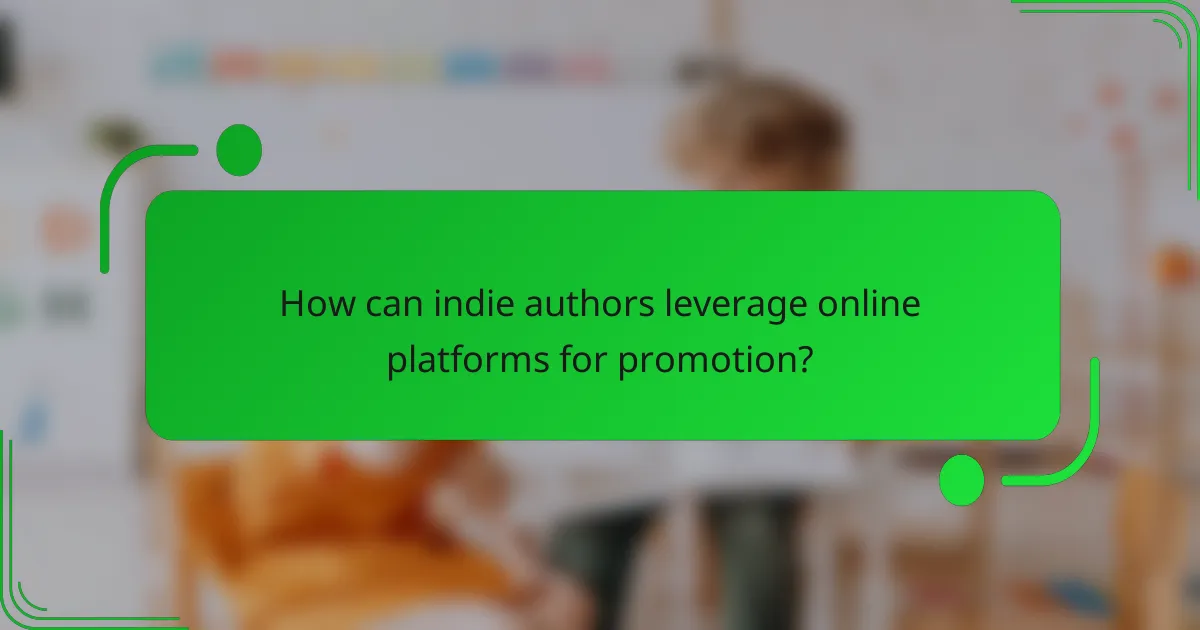
How can indie authors leverage online platforms for promotion?
Indie authors can effectively leverage online platforms for promotion by utilizing social media, author websites, and email marketing. Social media allows for direct engagement with readers, building a community around the author’s work. An author website serves as a central hub for information, including book details, blog posts, and a mailing list sign-up. Email marketing enables targeted outreach, providing updates and exclusive content to subscribers. Together, these strategies enhance visibility and foster reader relationships.
Which websites and blogs are best for indie book reviews?
Indie authors can benefit from several websites and blogs that specialize in book reviews. Notable platforms include IndieReader, The Bookish Elf, and BookLife. These sites focus on promoting independent authors and provide valuable insights and exposure. Additionally, Goodreads and Reedsy offer community-driven reviews and resources tailored for indie books.
How do online communities and forums support book promotion?
Online communities and forums significantly enhance book promotion by fostering engagement and building relationships with readers. These platforms allow indie authors to share insights, gather feedback, and create a loyal fan base.
Engaging in discussions within these communities can increase visibility for an author’s work. For example, participating in genre-specific forums allows authors to connect with targeted audiences. Sharing valuable content, such as writing tips or book recommendations, positions authors as experts and encourages organic promotion.
Additionally, forums often have dedicated sections for book promotions, enabling authors to showcase their work directly to interested readers. This targeted approach can lead to higher conversion rates, as members are already invested in the genre or topic.
Lastly, online communities facilitate networking opportunities with other authors and industry professionals. Collaborations, guest posts, and cross-promotions can amplify reach and introduce authors to new audiences.
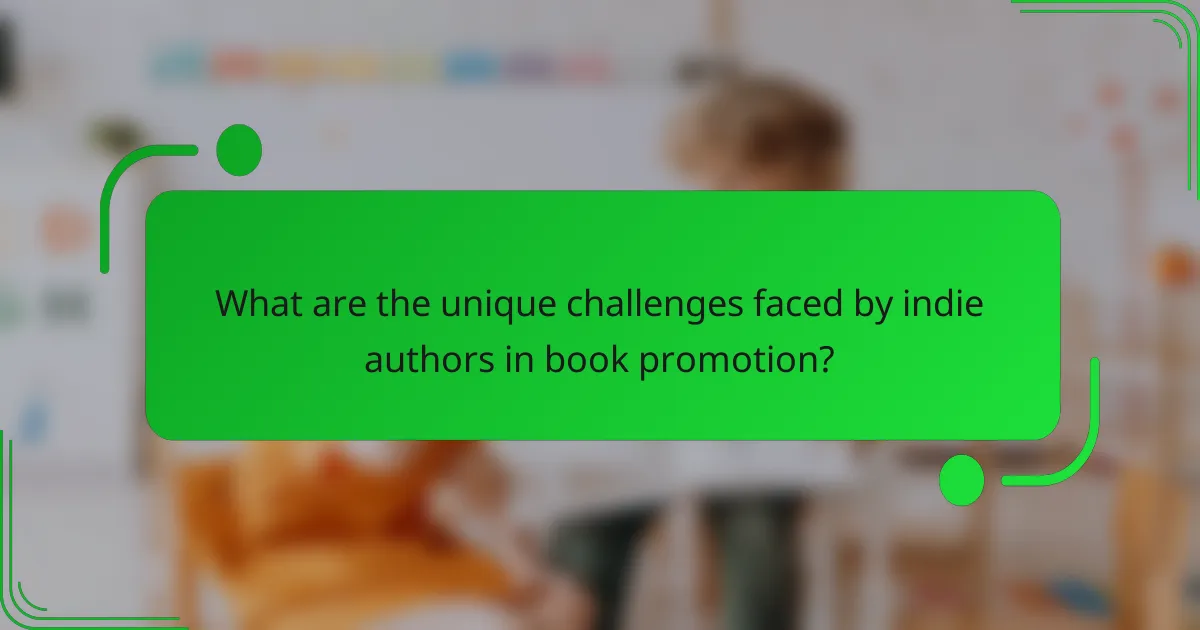
What are the unique challenges faced by indie authors in book promotion?
Indie authors face unique challenges in book promotion due to limited resources, visibility, and marketing expertise. They often struggle with building an audience and competing against established authors.
To address these challenges, indie authors can leverage social media platforms for engagement, utilize email marketing to create a loyal reader base, and collaborate with other authors for cross-promotion. Additionally, participating in book fairs and local events can enhance visibility.
Effective promotional strategies include utilizing book review services, optimizing book listings for search engines, and engaging with readers through interactive content. These methods can help indie authors navigate the competitive landscape of book promotion.
How does budget constraint affect promotional strategies?
Budget constraints significantly influence promotional strategies for indie authors by limiting the resources available for marketing efforts. Authors must prioritize cost-effective methods, such as social media marketing and email campaigns, over expensive options like traditional advertising.
Effective strategies include leveraging free platforms like Goodreads and utilizing targeted online ads with small budgets. Collaborations with other authors or influencers can enhance visibility without high costs. Additionally, authors should focus on building an engaged community through content marketing and organic outreach to maximize their limited budgets.
Ultimately, understanding the budget’s impact helps authors select strategies that align with their financial realities while still reaching their target audience effectively.
What common pitfalls should indie authors avoid in their marketing efforts?
Indie authors should avoid common pitfalls like neglecting their target audience, relying solely on social media, and failing to track marketing results. Understanding the audience ensures tailored messaging. Diversifying promotional channels increases reach. Monitoring metrics allows for informed adjustments.
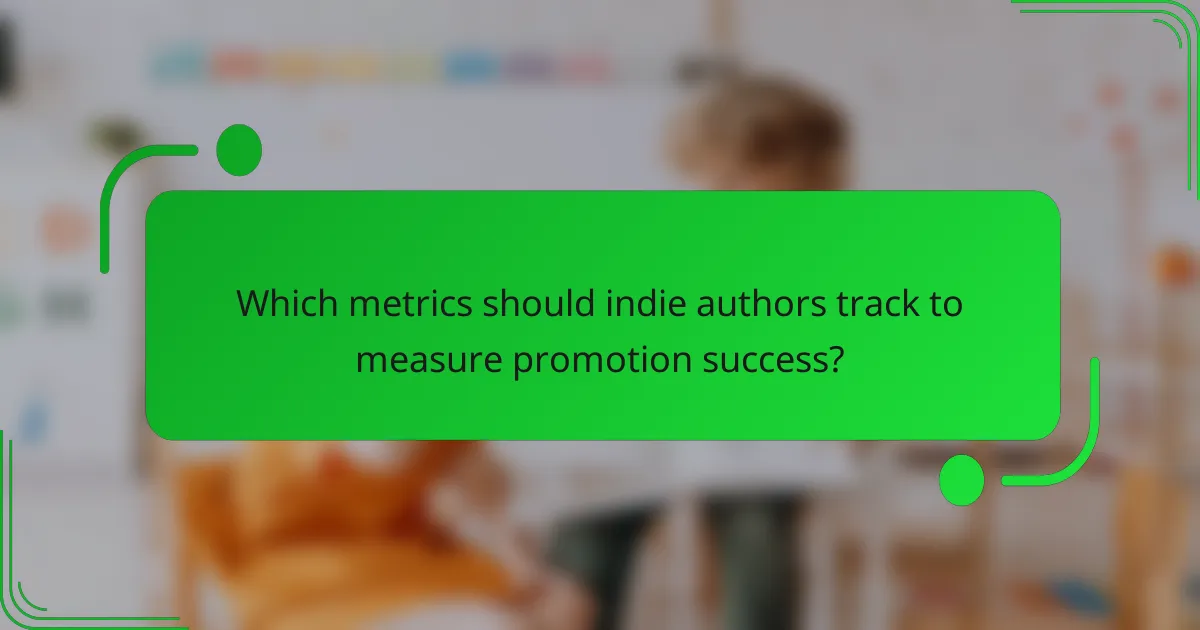
Which metrics should indie authors track to measure promotion success?
Indie authors should track metrics like book sales, website traffic, social media engagement, email open rates, and reader reviews to measure promotion success. These metrics provide insights into audience reach and marketing effectiveness.
| Metric | Description |
|———————–|————————————————–|
| Book Sales | Total copies sold within a specific timeframe |
| Website Traffic | Number of visitors to the author’s website |
| Social Media Engagement| Likes, shares, and comments on promotional posts |
| Email Open Rates | Percentage of recipients opening promotional emails|
| Reader Reviews | Quantity and quality of reviews on platforms |
How can sales data inform future promotional strategies?
Sales data can significantly enhance promotional strategies for indie authors. Analyzing past sales trends reveals what marketing efforts resonated with readers.
For example, identifying peak sales periods can guide timing for future promotions. Additionally, understanding which genres or themes performed best allows authors to tailor their marketing messages. Tracking customer demographics helps in targeting specific audiences effectively.
Moreover, sales data can inform pricing strategies, enabling authors to experiment with discounts or bundling options. This data-driven approach ensures that promotional efforts align with reader preferences, ultimately boosting sales and visibility.
What role does reader feedback play in refining marketing approaches?
Reader feedback is crucial for refining marketing approaches in book promotion strategies. It provides insights into reader preferences, helping indie authors tailor their messaging and promotional efforts. By analyzing feedback, authors can identify effective channels, optimize their content, and enhance engagement. This iterative process leads to improved marketing effectiveness and a stronger connection with the target audience. Engaging readers through surveys or reviews can reveal unique attributes of their books, guiding authors in making informed decisions for future promotions.
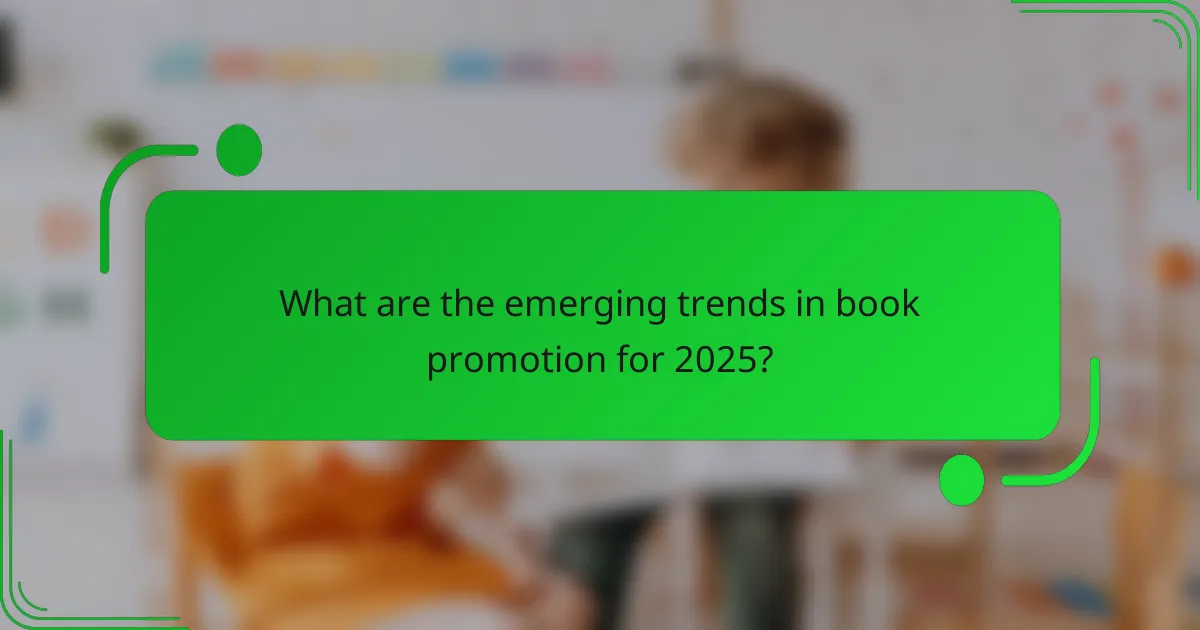
What are the emerging trends in book promotion for 2025?
Emerging trends in book promotion for 2025 focus on personalized marketing, leveraging social media influencers, and utilizing AI-driven analytics. Authors will increasingly adopt interactive content, such as live readings and Q&A sessions, to engage readers. Additionally, data-driven strategies will refine targeting, enhancing reach and effectiveness. Video content will dominate, offering dynamic storytelling opportunities. Finally, collaborations with other indie authors will foster community-driven promotions, amplifying visibility and support.
How is influencer marketing shaping the indie author landscape?
Influencer marketing is transforming the indie author landscape by enhancing visibility and engagement. Authors collaborate with influencers to reach targeted audiences, leveraging social proof to build credibility. This strategy often results in increased book sales and a stronger online presence. Additionally, data shows that influencer partnerships can boost social media interactions by up to 300%. As a unique attribute, indie authors can tailor their marketing efforts to niche markets, setting them apart from traditional publishing methods.
What technological advancements are influencing book marketing strategies?
Technological advancements significantly influence book marketing strategies by enhancing reach and engagement. Tools like social media algorithms, data analytics, and AI-driven recommendations allow indie authors to target specific audiences effectively. Additionally, platforms like Goodreads and BookTok create community-driven promotion, leveraging user-generated content and reviews. These innovations enable authors to optimize their marketing efforts, making them more data-informed and audience-centric.
How can indie authors adapt to changing reader preferences?
Indie authors can adapt to changing reader preferences by leveraging targeted marketing strategies, engaging with readers directly, and utilizing data analytics. They should focus on building an online presence through social media and author websites, which allows them to connect with their audience.
Utilizing platforms like BookFunnel or Goodreads can help indie authors reach niche markets. Experimenting with various promotional tools, such as email newsletters or virtual book tours, can also enhance visibility.
Understanding reader feedback through reviews and surveys enables authors to adjust their content and marketing approaches. Additionally, staying informed about industry trends ensures that indie authors remain relevant and appealing to evolving reader interests.
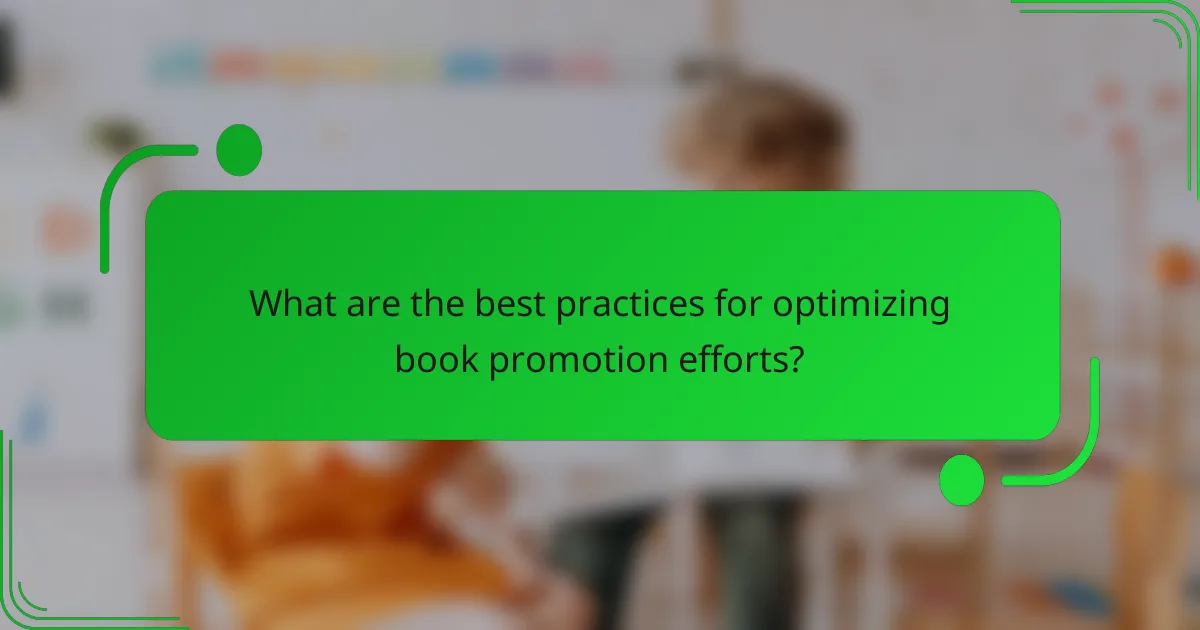
What are the best practices for optimizing book promotion efforts?
To optimize book promotion efforts, indie authors should focus on targeted marketing strategies that engage their specific audience. Utilize social media platforms to build a community and share content related to your book’s themes.
Consider implementing email marketing to connect directly with readers, offering exclusive content or promotions. Collaborate with book bloggers and influencers to gain visibility and credibility.
Participate in author events and book fairs to network and promote directly to potential readers. Leverage online advertising to reach broader audiences, ensuring ads are tailored to your book’s genre and target demographic.
Lastly, analyze and adjust strategies based on engagement metrics to improve future campaigns.
Which strategies enhance author branding and visibility?
To enhance author branding and visibility, indie authors should utilize social media, engage in content marketing, and network with other writers. These strategies build a personal brand and increase outreach.
Social media platforms like Instagram and Twitter allow authors to showcase their work and connect with readers. Content marketing through blogs or newsletters fosters a loyal audience. Networking at events or online communities can lead to collaborations and increased visibility.
Implementing these strategies consistently is crucial for long-term success in the competitive book market.
What are the most effective ways to build and engage a readership?
To build and engage a readership effectively, indie authors should utilize targeted marketing strategies. Focus on social media platforms to connect with potential readers, as these channels allow for direct interaction and feedback.
Creating valuable content, such as blog posts or newsletters, helps establish authority and keeps readers informed. Engaging with online communities, like book clubs or genre-specific forums, fosters relationships and encourages word-of-mouth promotion.
Offering free samples or hosting giveaways can attract new readers while incentivizing existing ones to spread the word. Lastly, leveraging email marketing ensures consistent communication and builds a loyal subscriber base.
How can indie authors create a sustainable promotional plan?
Indie authors can create a sustainable promotional plan by leveraging diverse strategies that build long-term engagement. Focusing on social media marketing, email newsletters, and partnerships with other authors can enhance visibility.
1. Develop a strong author brand across platforms.
2. Utilize social media tools to engage with readers regularly.
3. Create an email list to share updates and exclusive content.
4. Collaborate with fellow authors for cross-promotions.
5. Participate in book fairs and local events to connect with audiences.
6. Monitor analytics to adjust strategies based on performance.
These methods foster community and maintain interest in the author’s work over time.
What common mistakes should be avoided in book promotion?
To avoid common mistakes in book promotion, focus on strategic planning and audience engagement. Neglecting to identify the target audience can lead to ineffective marketing efforts. Failing to utilize social media platforms limits visibility, while not having a clear promotional timeline can disrupt momentum. Additionally, avoiding professional cover design and editing can diminish credibility. Lastly, overlooking the importance of building an email list restricts direct communication with potential readers.
